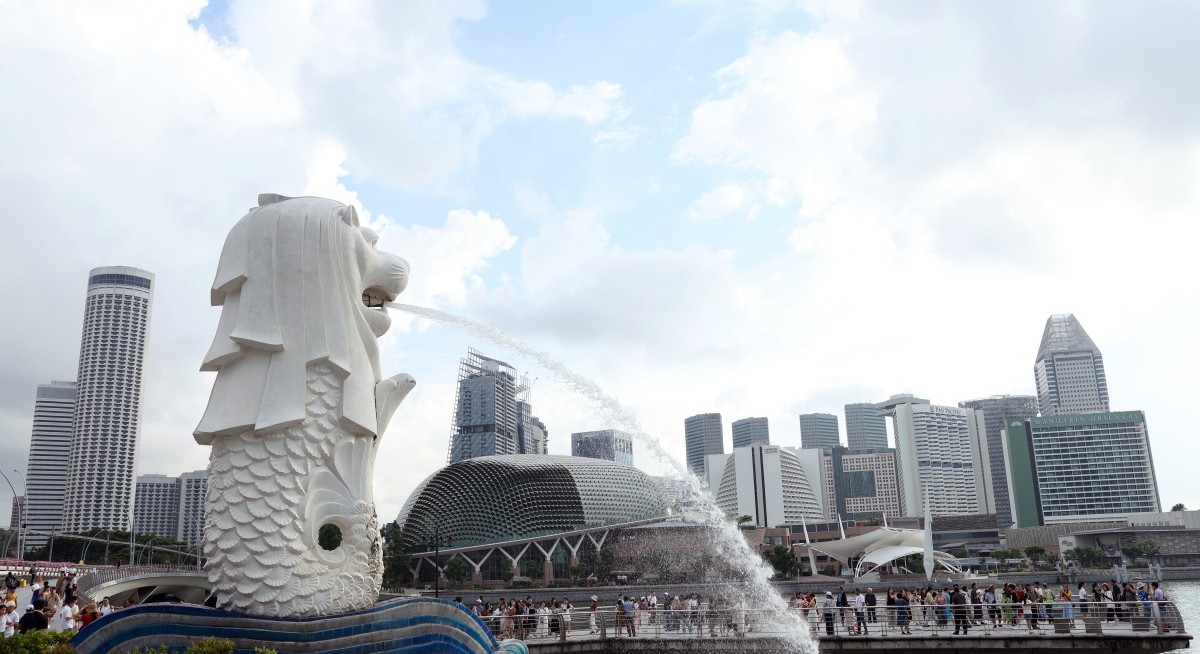Singapore’s listed companies (listcos) made up a fifth of the 250 top-scoring entities across Asean under the 2024 Asean Corporate Governance Scorecard (ACGS), an initiative by the Asean Capital Market Forum (ACMF) to improve the corporate governance standards and practices of public-listed companies in the region.
In total, 53 Singapore Exchange (SGX) listcos achieved “Asean Asset Class”, which recognises companies that have “gone the extra mile to adopt emerging good practices while identifying and addressing potential governance risks”, says Professor Lawrence Loh, director of the Centre for Governance and Sustainability (CGS) at National University of Singapore (NUS) Business School.
Within Singapore, Oversea-Chinese Banking Corporation (OCBC) came out tops in the 2024 results, released July 25. CapitaLand Investment and CapitaLand Integrated Commercial Trust placed second and third, respectively, while Netlink NBN Trust and Stoneweg European REIT (now known as Stoneweg Europe Stapled Trust) round out the top five.
The ACGS is a collaborative effort by ACMF and the Asian Development Bank since 2011, involving Indonesia, Malaysia, the Philippines, Singapore, Thailand and Vietnam. Since 2013, CGS at NUS Business School and the Singapore Institute of Directors (SID) have been appointed by the Monetary Authority of Singapore (MAS) to be the domestic ranking body for the ACGS.
For the 2024 assessment, new questions focusing on sustainability and resilience were introduced, along with more rigorous evaluation standards.
“Several default questions” were removed from scoring, as compliance with these specific areas is now mandatory for all listed companies across the six participating jurisdictions, say CGS and SID.
See also: Heineken cuts 7% of staff as beer slump weighs on Dutch brewer
Together, they ranked the top 100 SGX-listed entities by market capitalisation as at May 31, 2024, comprising 71 listed companies and 29 business trusts or REITs. Singapore achieved an overall average score of 98.4 points, with 53 Singapore entities scoring at least 97.5 points out of 130 points, equivalent to 75% of the total score.
On average, these 53 entities (Tier 1) achieved an average score of 106.9 points, reflecting, among others, strengths in upholding shareholder rights and sustainability.
The remaining 47 entities (Tier 2) recorded an average score of 88.8 points.
See also: HSBC to cull underperformers as some bankers face zero bonuses — Bloomberg
Listcos were assessed over two sections, based on publicly available disclosures. The first section looks broadly at compliance with national regulations and global benchmarks such as the G20/OECD Principles of Corporate Governance. It covers four key areas: rights and equitable treatment of shareholders, sustainability and resilience, disclosure and transparency, and responsibilities of the board.
According to CGS and SID, Singapore’s listcos showed “relative strength” in upholding the rights and equitable treatment of shareholders, as well as issues related to sustainability and resilience. “Many demonstrated the use of internationally recognised sustainability frameworks, materiality assessments, climate-related disclosures and formal whistleblowing mechanisms.”
The second section assesses individual companies, awarding bonus points for best practices and penalising for governance lapses.
The better-performing listcos (Tier 1) performed strongly in this section, achieving an average net bonus of 18.3 points. However, Tier 2 entities recorded 8.9 points in this section, less than half the score of their Tier 1 counterparts.
In addition, the top 35 listcos in each country are subjected to peer review by ranking bodies from other countries.
For the 2024 assessment, companies that were domestically assessed as having a minimum score of 97.5 points (or 75% of the maximum 130 points) were also peer reviewed. Peer reviewers are assigned randomly for each entity.
Loh adds: “We hope to see more entities strengthen board effectiveness and enhance transparency, as part of a broader effort to build longterm trust and value in the marketplace.”




